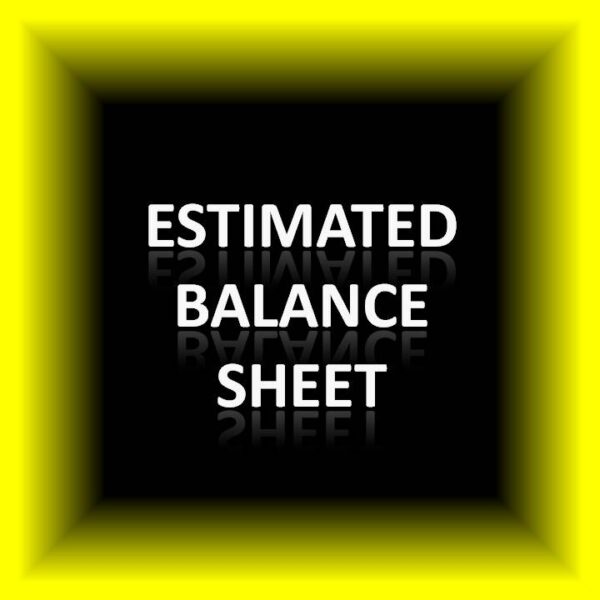Required Documents :
- -Form 16 (TDS Certificate from employer) if not, Then salary details and Name and address of Employer
- – All Bank Statements:
- – Form 01-04-2025 to at Present date (For 1 Year Estimated Balance Sheet)
- – PAN Card
- – Aadhaar Card
- – Details of Income (Salary, Business Income, Capital Gains, etc.)
- – Details of Business/Profession Nature (Sales, Purchases, Gross Receipts and Details of Expenditures)
- – Details of Deductions (80C, 80D, etc.)
- – Details of Taxes Paid (Advance Tax, TDS, etc.)
- – Details of Foreign Assets and Income (if applicable)
- – Email id
- – If there is any loan then all the loan details from 01-04-2023 to 31-03-2024 & 01-04-2024 to at Present Date
- – Investment details (FD/RD/Mutual Fund/Pension Fund/Shares/Gold/Silver/etc.)/Investment in movable/immovable assets
- – Receipts of insurance premium paid (self/family)
- – Health Insurance Premium Paid Receipts (Self/Family/Parents)
- – Payment receipts of children’s tuition fees.
- – Demat Capital Gain Statement from Broker Handle in Excel Format.
Benifit of having Estimated Balance sheet of Proprietorship Firm :
- Quick Assessment: They allow for a rapid evaluation of the financial position of a business, particularly when precise data is unavailable or time is limited.
- Strategic Planning: Estimated balance sheets can aid in strategic planning by providing a baseline for decision-making when detailed financial information is not yet available.
- Hypothetical Scenarios: They enable businesses to explore hypothetical scenarios and assess the potential impact of various decisions on their financial position.
- Budgeting: Estimated balance sheets can assist in budgeting processes by providing rough estimates of income, expenses, assets, and liabilities.
- Risk Management: They help identify potential financial risks and vulnerabilities early on, allowing businesses to implement risk mitigation strategies proactively.
- Investor Communication: Estimated balance sheets can be useful for communicating with investors, stakeholders, or lenders during the early stages of a business venture.
- Decision Support: They provide a foundation for decision-making, allowing businesses to make informed choices based on available data and assumptions.
- Flexibility: Estimated balance sheets offer flexibility in adapting to changing circumstances or new information as more accurate data becomes available.
- Resource Allocation: They assist in allocating resources efficiently by providing a rough estimate of the financial resources available to the business.
- Initial Planning: Estimated balance sheets are valuable tools during the initial planning stages of a business or project when detailed financial information may not yet be available.



